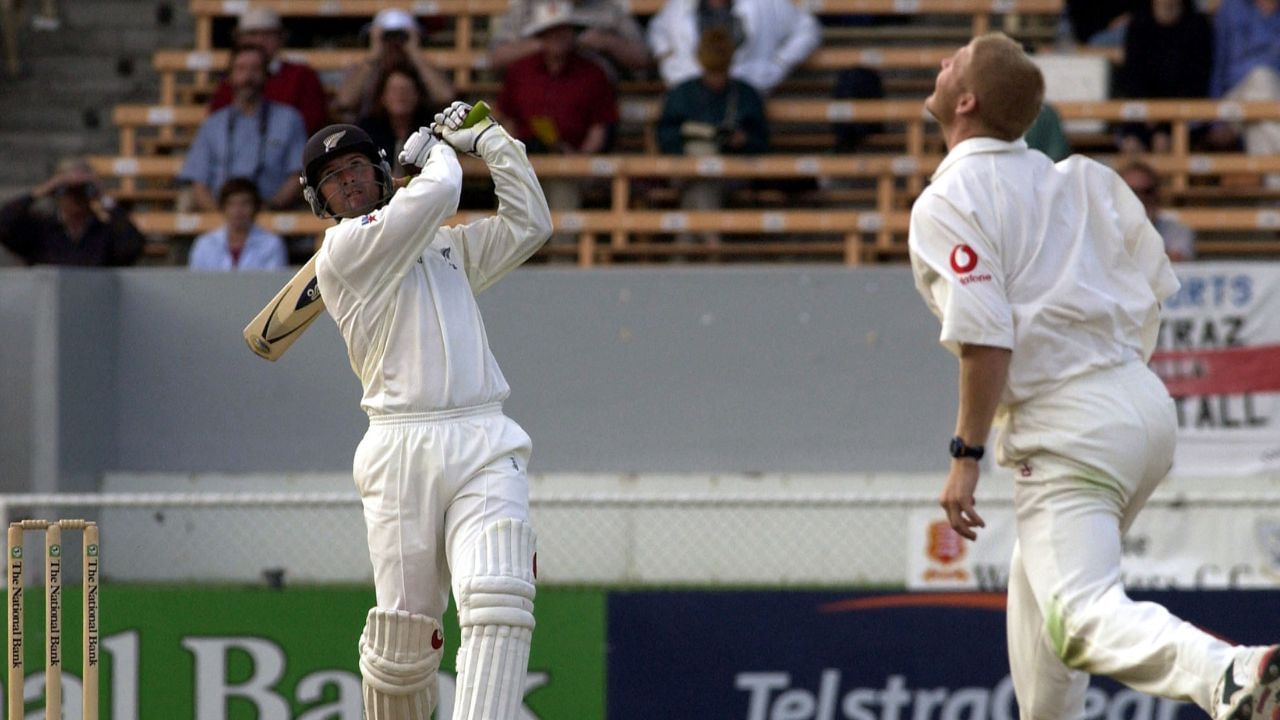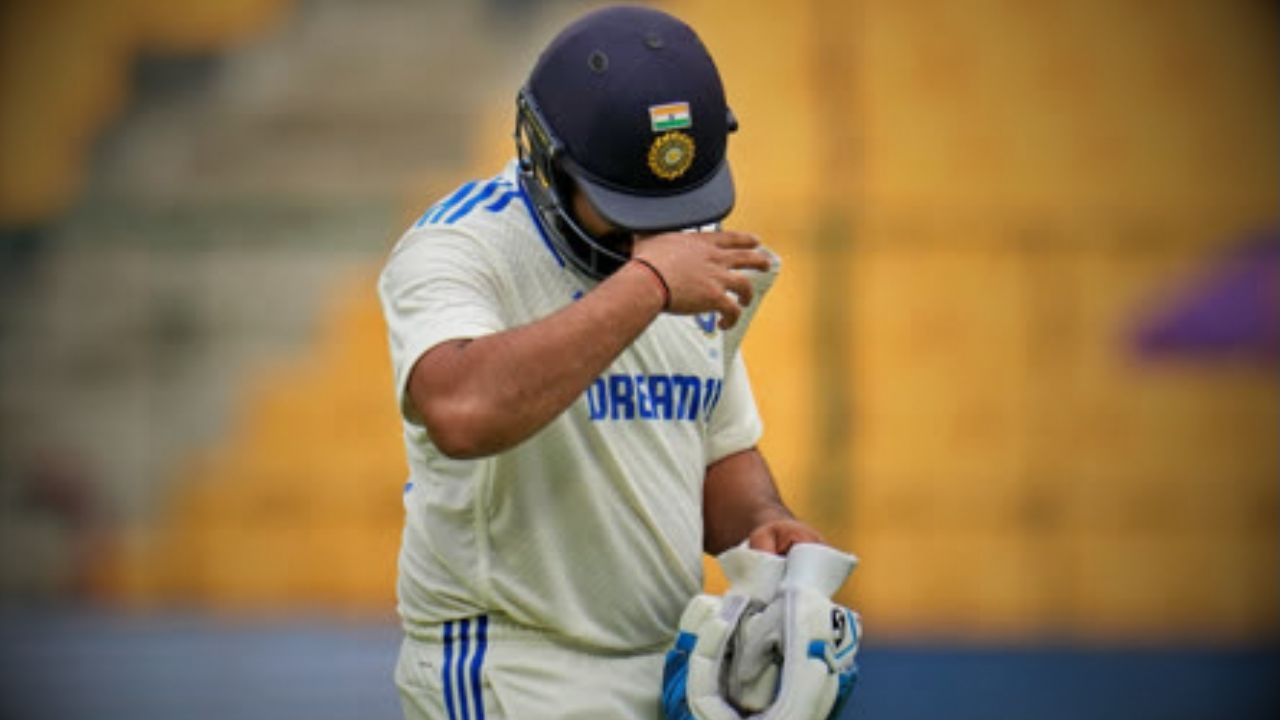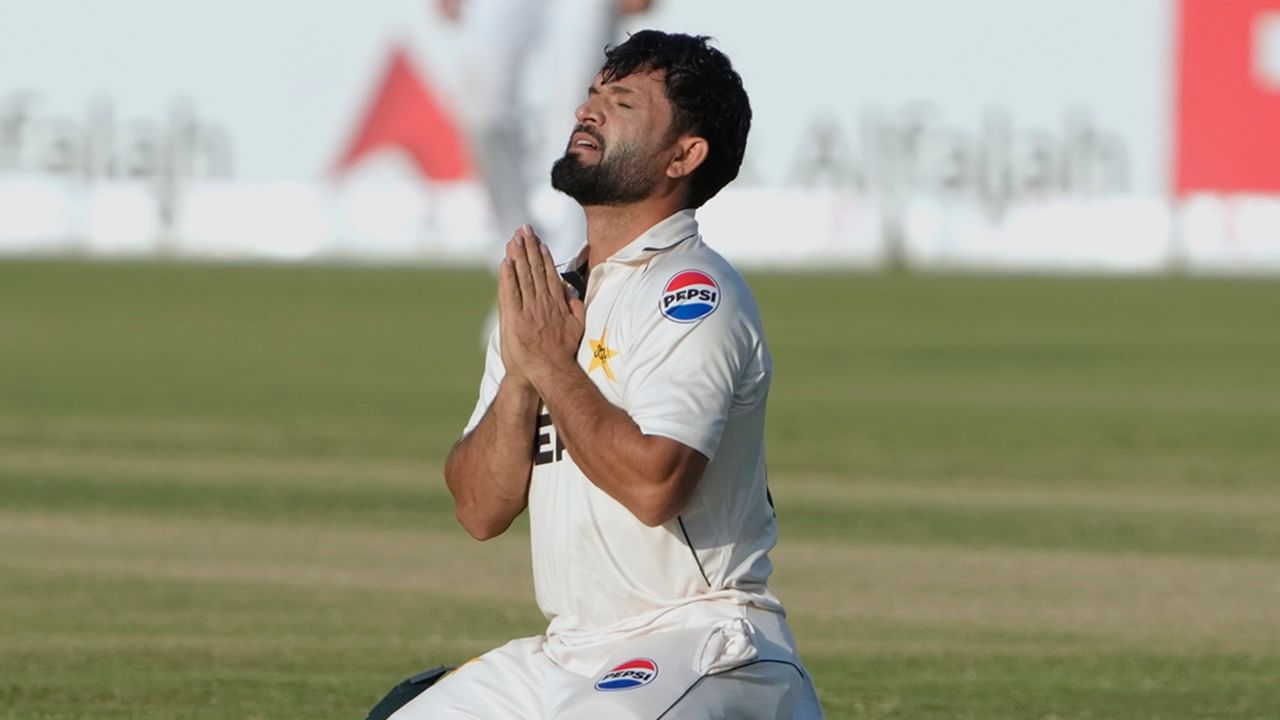Nathan Astle, the explosive New Zealand all-rounder, is celebrated for his remarkable achievements in cricket, particularly for setting the record for the fastest double century in Test cricket. Born on September 15, 1971, Astle’s journey in cricket is a testament to skill, determination, and an incredible ability to score runs at an astonishing rate. His record-breaking innings, which remains unchallenged even after 22 years, showcases the impact he had on the sport, particularly in an era before the inception of Twenty20 cricket.
The Historic Record
A standout moment in Astle’s career came during a Test match against England in Christchurch in March 2002. In a stunning display of aggression, he scored an audacious 200 runs off just 153 balls, shattering the previous record held by Australia’s Adam Gilchrist, who had tallied 200 runs in 212 balls just weeks prior. Astle’s innings not only rewrote record books but also captivated cricket fans around the world, transforming perceptions of how Test cricket could be played.
Sehwag’s Pursuit of the Record
Though numerous batsmen have tried to reclaim the famous record, none have succeeded. Indian batting maestro Virender Sehwag came impressively close on four occasions but could not surpass Astle’s innings. Sehwag’s closest attempts include a double century against Pakistan in 2004 off 222 balls and subsequent efforts in 2006 and 2008, where he scored 200 runs in 182 balls and 194 balls, respectively. His last attempt came in 2009 when he managed to score a double century in just 168 balls against Sri Lanka, narrowly missing the mark.
Ben Stokes: A Modern Challenger
Another notable effort came from England’s Ben Stokes, who scored a double century off 163 balls in a Test match against South Africa in 2016. Stokes’ innings further underscored the adaptability of modern cricketers to play aggressively, yet Astle’s record still remains elusive, highlighting the uniqueness of his achievement in the history of Test cricket.
A Match That Defined a Legacy
Despite Nathan Astle’s remarkable innings in 2002, New Zealand was unable to secure victory against England. In that match, England scored 228 runs in their first innings, while New Zealand collapsed to just 147 runs. England responded with a commanding innings of 468, setting a daunting target of 550 runs. Just when defeat seemed certain, Astle’s explosive batting turned the tide temporarily; he scored 222 runs off 168 balls, boosting New Zealand’s total to 451 runs, but ultimately, the team fell short by 98 runs.
The End of an Era
As one of cricket’s finest all-rounders, Astle’s contributions are immeasurable. Over his Test career, he amassed 4,702 runs across 81 matches, with a batting average of 37 and complemented this by taking 51 wickets. In One Day Internationals (ODIs), he played 223 matches, scored 7,090 runs at an average of 35, and took 99 wickets. His dynamic style of play and the ability to shift the momentum of a game made him a key player for New Zealand.
The Unexpected Retirement
In a surprising move just weeks before the 2007 World Cup, Nathan Astle announced his retirement from international cricket, stating a lack of motivation to continue playing at the highest level. His decision came as a shock to fans and teammates alike, as there had been discussions surrounding his potential captaincy for the national team, which ultimately did not materialize due to reported disciplinary issues. His retirement marked the end of an era, but Astle’s legacy as a trailblazer in aggressive batting techniques continues to inspire future generations of cricketers.










